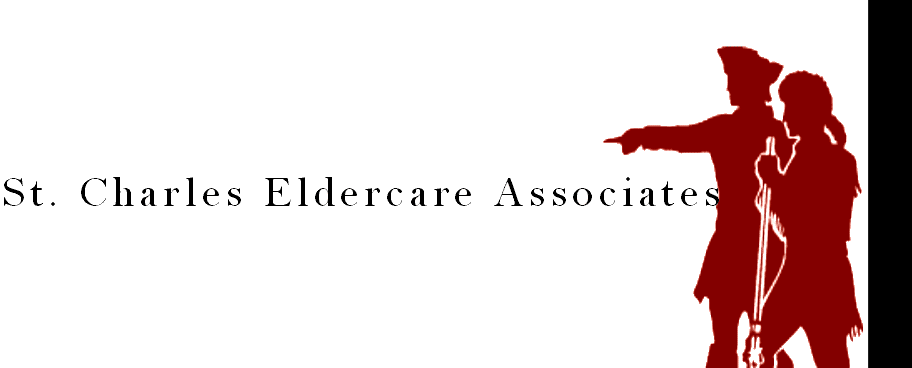Here’s How We Can Help You
Our customized programs are designed to potentially grow and conserve your wealth by delivering an unprecedented level of personalized service.
Retirement Planning
Strategize how to invest your hard-earned money to help you reach your long-term retirement goals.
Investment Planning
Develop a plan that utilizes your additional income to work towards achieving financial security.
Financial Protection
Insurance can help protect your assets and income from potential losses that may compromise your financial future.
College Savings
Figure out how you should be saving in order to provide an education for your son or daughter – or even for yourself.
Estate planning
Prepare for your family’s financial future so your eventual passing doesn’t create long-term issues.
When it comes to financial planning, the biggest mistake people make is not getting started.
Our Partners
St. Charles Financial Services, LLC can offer full service business and personal insurance through our affiliation with Webb Insurance, an independent, multi-line insurance agency.
- Disability Insurance
- Life insurance
- Long-Term Care Insurance
- Medicare
- Property and Casualty Insurance

St. Charles Eldercare was inspired by the need of our clients to speak with someone concerning questions about Medicare Advantage and Supplements along with Long term care and all things concerning seniors. Our advisors are ready to answer your questions and put you at ease.
The above links to articles, other websites and interactive resources are provided for your information and strictly as a courtesy. Our providing access to these resources does not constitute an endorsement, approval or certification of the information, services, strategies, recommendations, or opinions presented, published or made available at or through these websites and resources. We specifically make no representation as to, and disclaim any responsibility for, their completeness, accuracy or applicability to your personal circumstances. When you access one of these websites, you are leaving our website and assume total responsibility and risk for your use of the websites to which you are linking. The listed companies are not affiliated with The O.N. Equity Sales Company or O.N. Investment Management Company.
Featured Blog Articles

The Three Types of Money
Successful financial planning is about knowing how your money can work for you vs. against you. Not ...
What Does a Financial Planner Do?
A financial planner might be one of many professionals you turn to for advice: from accountants and ...